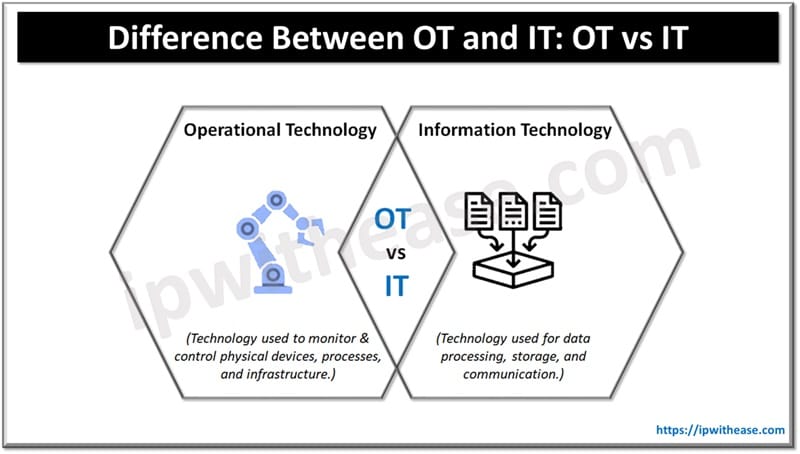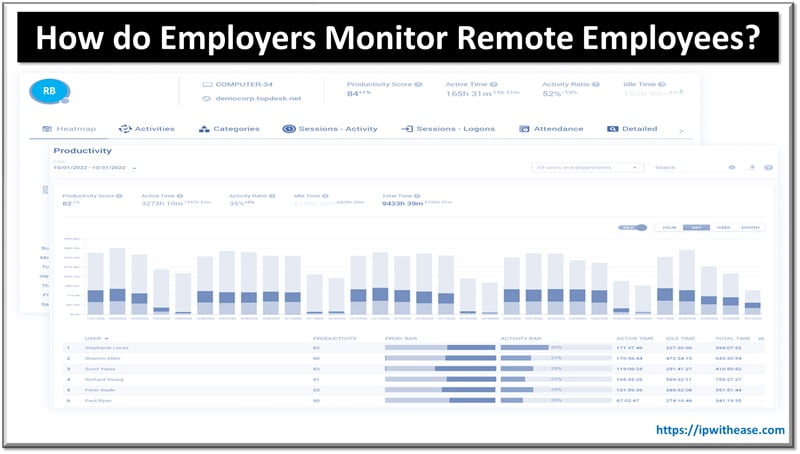Table of Contents
To compete with FinTech in terms of features, costs, and speed to market, DevOps is an imperative must as a facilitator for innovation and digital transformation. Adoption of DevOps is a practice that, when combined with the transition to cloud-native agile infrastructure and processes, has a synergistic effect. One does not exist independently of the other.
The most significant advantage offered by DevOps is its ability to provide dependable release cycles, which, in turn, leads to fewer issues discovered after production and allows quicker deployment cycles. The manual deployment duties that were historically carried out by operations employees are eliminated as a direct consequence of automation, which is a fundamental component of DevOps. Also, problems caused by differences between the production environment, the SIT environment, the UAT environment, and the pre-production environment, including differences in configurations, can be fixed.

Banking DevOps Teams Will Have More Rapid Success
Large banks require billions of dollars in assets and need to earn millions of new clients along the way for them to be able to effectively drive new digital banking offerings. To put it simply, they need to switch their procedures to a more granular control mechanism and keep working to improve them.
When confronted with conditions such as these, in which the proactive adoption of DevOps concepts is essential, the line of business (LOB) teams for the client move very fast toward embracing agile planning approaches. They put into practice agile and DevOps processes by using a broad variety of agile technologies in order to satisfy the growing demands of their consumers for improved digital banking services.
To ensure that this is carried out without a hitch, the developer experience for both the LOB and IT teams must be streamlined. If the DevOps platform is automated with built-in agile capabilities and bi-directional integration capabilities, then the work that the LOB teams and the IT teams do may be merged into a single process. This ensures that the process of working together does not experience any glitches, that the deployment of the DevOps system happens more swiftly, and that banking services and products are made available more quickly.
More Applications, Quicker, Less Expensive, and Less Risky
For innovative banks to successfully delight their consumers and achieve strong growth, it is necessary for them to continuously develop new and enhance existing apps. Bank executives are in a constant hurry to deliver new and improved services, so they expect speed and creativity from their employees without compromising quality. The teams responsible for the development and operation of applications are now under a significant amount of pressure to satisfy the requirements of the company. The groups in charge of development and operations now have to create, test, and release new apps as well as small changes to apps that are already out there in shorter periods.
Companies that have the goal of releasing an ongoing stream of new and enhanced apps have found that adopting principles from the DevOps methodology is a critical enabler. The methods of DevOps encourage a culture of cooperation, which shortens the time it takes to deploy an application by making people more productive and efficient. This also raises the quality of the application by making people more productive and efficient.
The techniques related to DevOps emphasize the ways that might improve the communication and cooperation between the teams responsible for the development, operations, testing, and quality assurance. However, to successfully integrate DevOps into an IT company, a transformation in the culture of the organization is required.
Ironically, a rise in the number of regulations for regulatory compliance is fostering a faster pace of internal cooperation. It has long been the norm in the banking industry for each line of business to be responsible for its information technology (IT) teams, which has led to the proliferation of information technology “silos” throughout the company.
Conclusion
The banking and financial industry is changing because of the DevOps methodology, which makes it possible to offer more high-quality services to the market in a way that is safer and more efficient while also being in line with the approaches that deal with governance, vulnerability, security, and compliance. This is making it possible for the industry to undergo this transformation.
Even while transitioning to a DevOps culture is a big cultural change that takes some time to implement, it can drastically revolutionize and enhance the day-to-day operations of a company, which makes it well worth the effort.
Continue Reading:
Understanding the Key Differences Between Agile & DevSecOps
DevOps Engineer Interview Questions
ABOUT THE AUTHOR
IPwithease is aimed at sharing knowledge across varied domains like Network, Security, Virtualization, Software, Wireless, etc.



